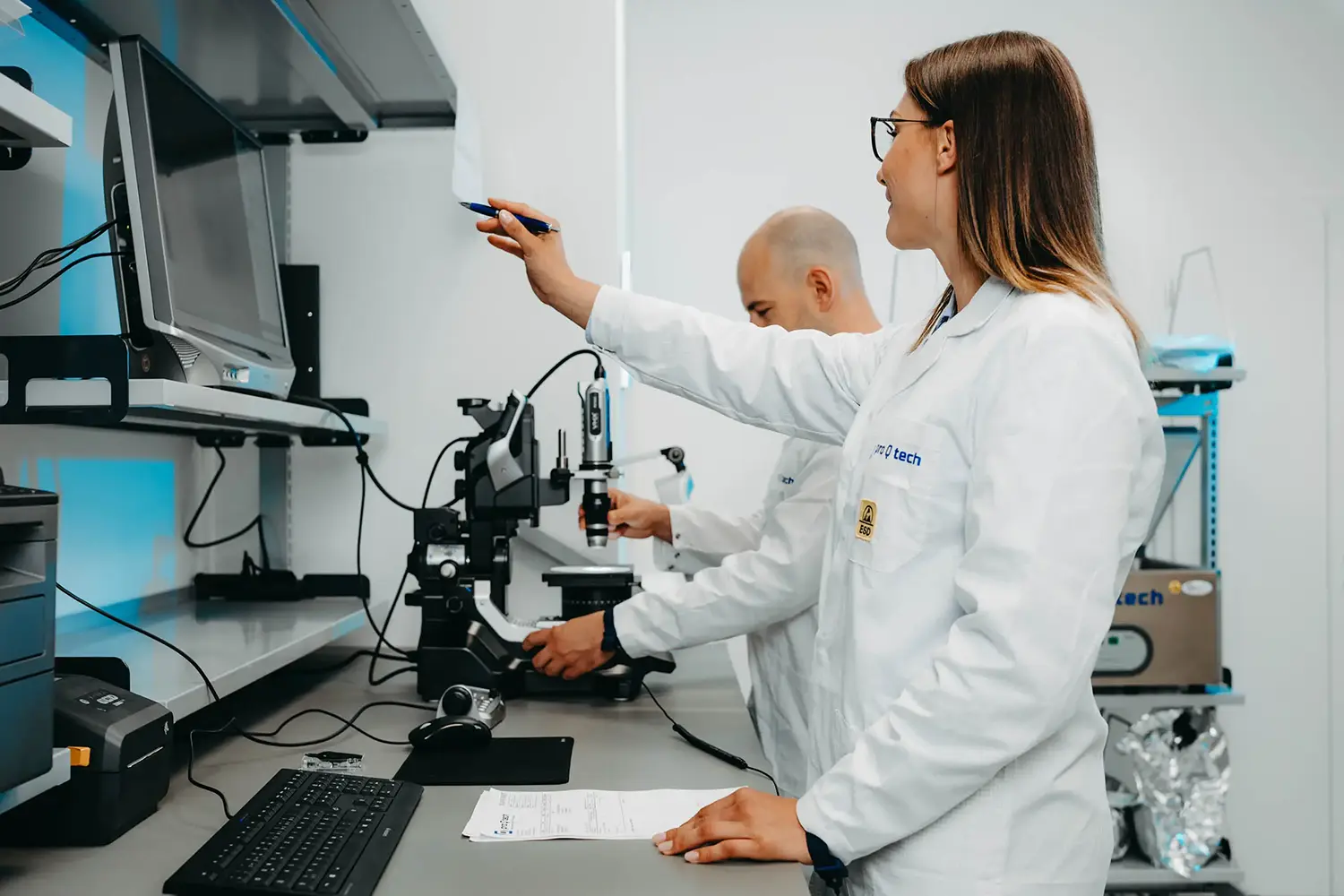Language
Contact

This instills us with energy, invigorates our creativity and enhances cohesion. At proQtech, we know that the most ambitious projects require teamwork. It is the collective attempt to push away boundaries thatdrives us. Each team member contributes his or her unique skills and perspectives that contribute to our shared success.
This collaboration, this synergy, instills us with energy and motivates us. It constantly reminds us why we do what we do because joint effort leads to extraordinary results.
Apply now




At proQtech, our customers are the focus of our activities.
Every day is marked by our determination to provide the best service and develop forward-looking solutions.Conscientiousness with a deeply-rooted service orientation help us ensure that we not only meet, but also exceed the needs of our customers.
Partnership is the key here. Our customer relationships are characterised by trust and a long-term approach, always with the best deal and optimal solution for our customers in mind.We are your all-in-one consultant, advisor and partner.



At proQtech, we firmly believe that the path to mastery is through continuing education. Our world and our industry are constantly in motion. This approach not only fosters the talents of each individual, but also contributes significantly to a dynamic, positive work culture and proQtech’s own ongoing development.
Not only do we offer regular continuing education and training courses, we go one step further: Our employees and managers have the exclusive chance to take advantage of one-on-one coaching from experienced management trainers. This approach not only promotes the talents of each individual, but also contributes significantly to a dynamic, positive work culture as well as to proQtech’s own ongoingdevelopment.





proQtech is one of Germany's most successful procurement specialists for high-quality technology products. As a
globally positioned company headquartered in Dreieich, Germany, just outside Frankfurt, we supply companies
around the world with specialised electronic components, especially when these are difficult to procure or even
discontinued. In today's fast-paced and volatile market, we not only source from our long-standing and reliable
suppliers, but develop specific procurement concepts tailored to the wishes and requirements of our customers.

After you've submitted your application via our online portal, it'll be reviewed by our HR department.
If your profile matches a vacancy, we'll invite you to a preliminary interview. Additional discussion rounds or tests then
follow before a final decision is made.

proQtech attaches great importance to the well-being of its employees. This includes personal coaching, flexible
hours, remote work, team events and more. Learn more about proQtech's services here.

We understand how important work-life balance is for the well-being of our team. We offer flexible working hours,
remote work, and ensure that overtime remains the exception.